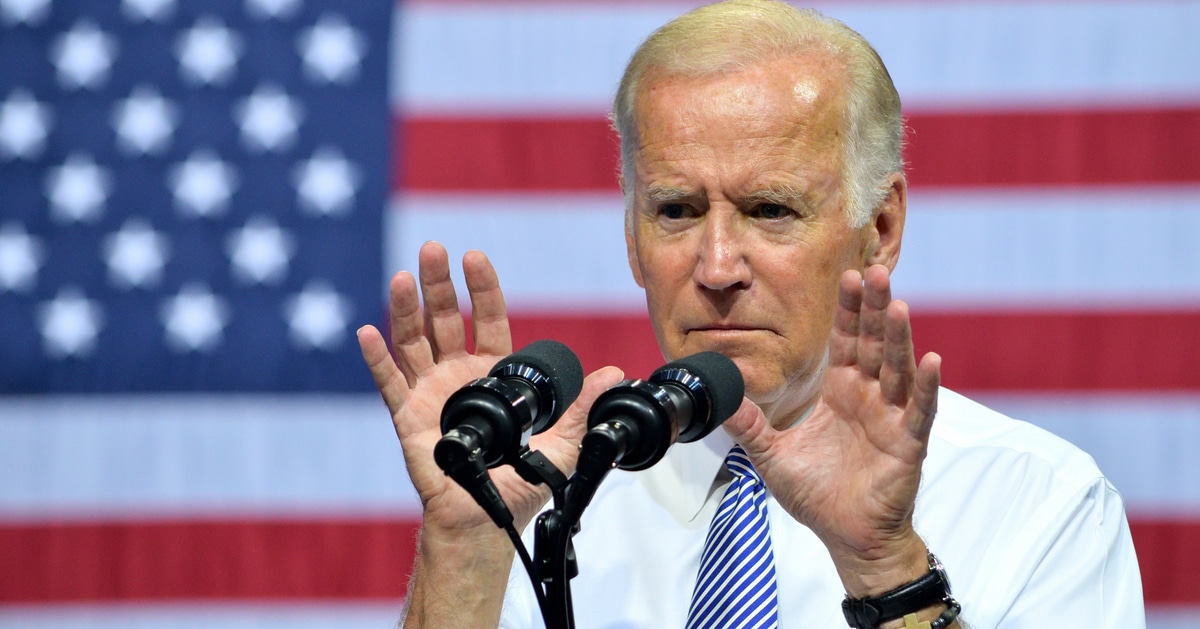




Brazil's Supreme Court has lifted the freeze on the bank accounts of Starlink and X Corp. following a $3.31 million payment in fines by the Elon Musk-controlled companies.
The Epoch Times reported that the court imposed fines and sanctions on X after it failed to comply with multiple court orders to block certain accounts and remove content from its platform. The freeze was lifted after the companies transferred the required fines, but X remains blocked in Brazil despite this payment.
On September 13, Supreme Court Justice Alexandre de Moraes ordered the unfreezing of bank accounts, vehicles, and real estate assets belonging to Starlink and X.
The court had previously frozen the accounts at the end of August to compel the companies to comply with its orders.
The freeze was part of an escalating dispute between Musk's companies and Brazil's judiciary over the removal of specific accounts accused of spreading misinformation and hate speech.
The tension between X Corp. and Brazil's judiciary began when X failed to remove certain accounts and content flagged by the court.
Amid investigations, the platform also withdrew its legal representatives from Brazil, prompting Justice de Moraes to impose harsh penalties. As part of the sanctions, de Moraes suspended X’s operations in Brazil and froze the accounts of both X and Starlink, arguing that the satellite internet provider was responsible as a part of Musk’s broader business group.
Starlink publicly criticized the court’s decision, accusing the justice of issuing the order in secret and without proper legal process. On August 29, the company described the decision as unconstitutional, stating, "It was issued in secret and without affording Starlink any of the due process of law guaranteed by the Constitution of Brazil."
Despite these objections, Starlink ultimately complied with the court's demands while continuing to fight the decision through legal avenues.
The conflict between Musk and the Brazilian judiciary became highly publicized, with both sides exchanging strong accusations.
Musk has been openly critical of Justice de Moraes, comparing his actions to those of authoritarian regimes, specifically calling out similarities to policies in communist China. He also expressed agreement with hedge fund manager Bill Ackman’s remarks that Brazil’s handling of the issue made the country “uninvestable.”
De Moraes, for his part, accused Musk of disrespecting Brazil’s sovereignty and its judicial system.
The court also cited X’s failure to comply with court orders as an example of the platform’s disregard for the rule of law in Brazil. The feud reached a peak when fines were imposed on X for its lack of cooperation, further straining relations between the two sides.
In mid-August, X’s global government affairs team shared a letter from the Brazil Supreme Court, which outlined the court’s requests for the platform.
The letter included censorship demands that targeted popular Brazilian accounts, some of which had considerable influence in the region. In addition, the court requested user information not only for accounts in Brazil but also for individuals in the United States and Argentina.
These demands raised significant concerns for X, which has criticized the court’s actions as attempts to suppress free speech. The company argued that its refusal to comply with the content removal orders was grounded in principles of freedom of expression.
However, Brazil's court emphasized the need to combat hate speech and misinformation, particularly in light of the platform’s widespread influence in the country.
Despite paying the fines and having their accounts unfrozen, X Corp. remains blocked in Brazil. The platform’s legal team has continued to challenge the court’s decisions, and it remains unclear when, or if, X will be allowed to resume operations in the country.
For now, the platform's suspension serves as a reminder of the escalating tension between global tech companies and national governments seeking to regulate online content.
Starlink, although not directly involved in the content moderation dispute, was held accountable as part of the Musk-controlled group. Its involvement in the fine payment suggests that the Brazilian judiciary views Musk’s businesses as interconnected, with shared responsibility for complying with national laws.
While the payment of fines marks a temporary resolution of the immediate financial penalties, the broader legal battle between Musk’s companies and the Brazilian judiciary is far from over.
Both sides have indicated that they will continue to pursue their respective legal positions, with Starlink signaling that it intends to challenge the constitutional validity of de Moraes’s orders.
Meanwhile, X’s global government affairs team has maintained that the Brazilian public deserves to know the full scope of the court’s requests. "We believe the Brazilian people should know what is being asked of us," they stated, implying that transparency will be a key issue in their ongoing efforts to fight the court’s demands.
The case underscores the growing tensions between governments and tech companies over content regulation and control of information.
In Brazil, this dispute is further complicated by the country's legal framework, which emphasizes the protection of democratic institutions and the prevention of hate speech. How this case ultimately plays out could set a precedent for future legal battles involving global platforms operating under local laws.
As the situation unfolds, Musk’s businesses in Brazil, including Starlink, remain under intense scrutiny. While the fines have been paid and some assets have been unfrozen, the ongoing conflict with Justice de Moraes highlights the challenges global corporations face when navigating the legal landscapes of different countries.
The resolution of this case will likely have long-term implications for how tech companies operate in Brazil and other markets with strict content moderation laws.



